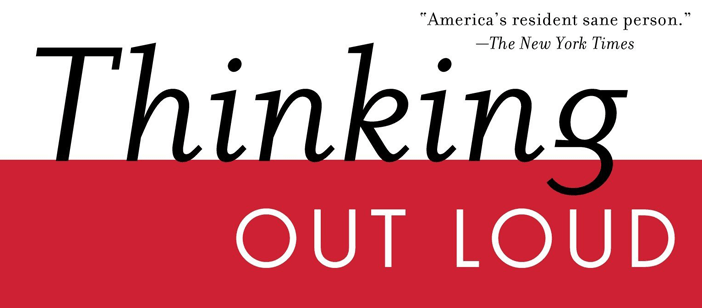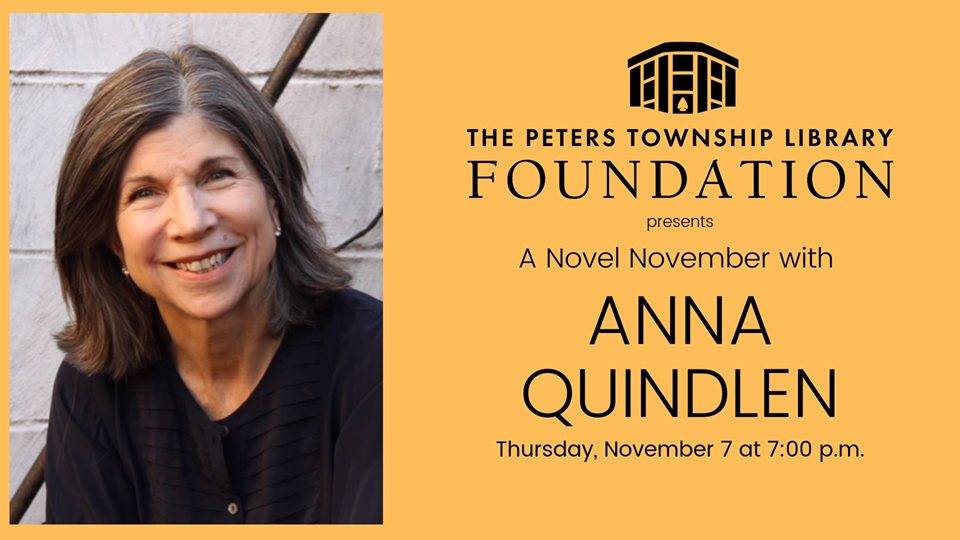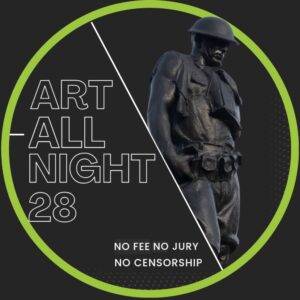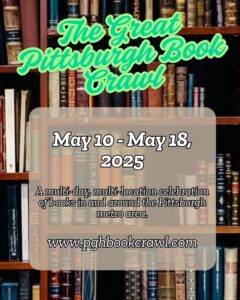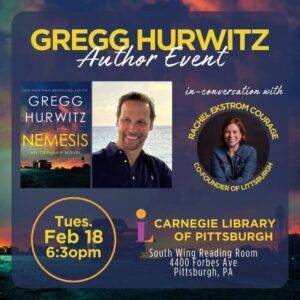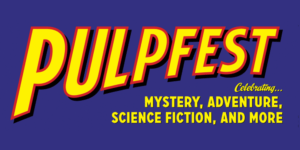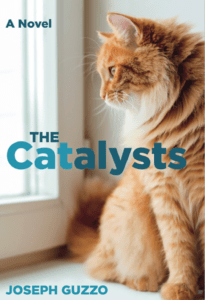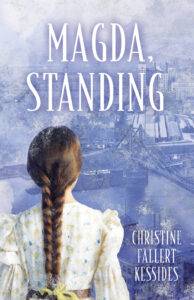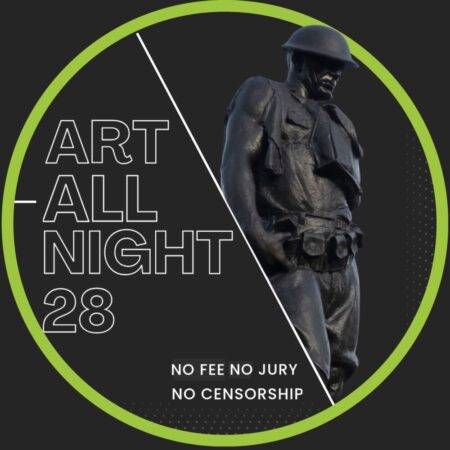Bestselling author, Pulitzer Prize-winning journalist, and social critic Anna Quindlen will be the featured author for The Peters Township Library Foundation’s 3rd annual Novel November on Thursday, November 7 at 7:00 pm!
Anna Quindlen has appeared in some of America’s most influential newspapers, magazines, and prominent fiction and non-fiction bestseller lists.
Even before blogs existed, she was the go-to writer for millions of readers on the joys and challenges of family, motherhood, and modern life. Bringing to the stage her ability to balance the political with the personal, Quindlen discusses every aspect of our culture from work-life balance and education to health care, philanthropy, and social justice.
Quindlen’s newest New York Times bestseller, Nanaville: Adventures in Grandparenting, celebrates the love and joy and many lessons learned from being a grandmother. Her latest bestselling novel, Alternate Side, is a provocative look at what it means to be a mother, a wife, and a woman at a moment of reckoning.
Thirteen of Quindlen’s books, including seven of her novels, have appeared on The New York Times Best Sellers list. One True Thing became a feature film starring Renee Zellweger and Meryl Streep, and Black and Blue was made into a TV movie. Her book, A Short Guide to A Happy Life, sold well over one million copies.
Quindlen’s memoir on aging, Lots Of Candles, Plenty Of Cake debuted at #1 on The New York Times Best Sellers list, while her follow-up bestseller, Still Life with Bread Crumbs, debuted at #3.
One of the top “100 Outstanding Journalists in the United States of the Last 100 Years,” Quindlen began her career at age 18 as a copy girl. She spent three years as a reporter for The New York Post before moving to The New York Times in 1977. Working her way up The Times’ masthead, Quindlen wrote the “About New York” column, served as deputy metropolitan editor, and created the weekly “Life in the 30’s” column.
In 1990, Quindlen became the third woman in The New York Times’ history to write for its influential Op-Ed page. Her nationally syndicated column “Public and Private” won the Pulitzer Prize for Commentary in 1992, and then, Quindlen wrote the “Last Word” column for Newsweek for 10 years.
Quindlen serves on the Board of the Planned Parenthood Federation of America and is an American Academy of Arts and Sciences Fellow. The Child Welfare League of America established “The Anna Quindlen Award for Excellence in Journalism on Behalf of Children and Families.” She holds honorary degrees from more than 20 colleges and universities.
Don’t miss out:
Ticket prices are $5 for Students and $20 for Adults for general admission seating.
A limited number of VIP tickets will be sold for $60 and include:
- A Pre-event reception/book signing with Anna Quindlen from 5:45 to 6:45 pm
- Passed hors-d’oeuvres by Chef Garnett Livingston of La Maison
- VIP reserved seating
- Your choice of one of six Anna Quindlen titles, selected during the ticket purchase process
The venue for this special event will be the Peters Township High School Auditorium at 264 East McMurray Road in McMurray. A book signing will follow the program (books will be sold by Riverstone Books at the event).
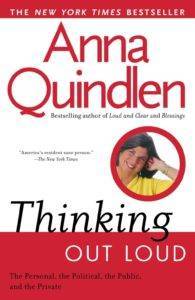 The voice I assume for children’s bad behavior is like a winter coat, dark and heavy. I put it on the other night when my eldest child appeared in the kitchen doorway, an hour after he had gone to bed. “What are you doing down here?” I began to say, when he interrupted, “I finished it!”
The voice I assume for children’s bad behavior is like a winter coat, dark and heavy. I put it on the other night when my eldest child appeared in the kitchen doorway, an hour after he had gone to bed. “What are you doing down here?” I began to say, when he interrupted, “I finished it!”
The dominatrix tone went out the window and we settled down for an old-fashioned dish about the fine points of “The Phantom Tollbooth.” It is the wonderful tale of a bored and discontented boy named Milo and the journey he makes one day in his toy car with the Humbug and the Spelling Bee and a slew of other fantastical characters who change his life. I read it first when I was 10. I still have the book report I wrote, which began “This is the best book ever.” That was long before I read “The Sound and the Fury” or “Little Dorrit,” the Lord Peter Wimsey mysteries or Elmore Leonard. I was still pretty close to the mark.
All of us have similar hopes for our children: good health, happiness, interesting and fulfilling work, financial stability. But like a model home that’s different depending on who picks out the cabinets and the shutters, the fine points often vary. Some people go nuts when their children learn to walk, to throw a baseball, to pick out the “Moonlight” Sonata on the piano. The day I realized my eldest child could read was one of the happiest days of my life.
“One loses the capacity to grieve as a child grieves, or to rage as a child rages: hotly, despairingly, with tears of passion,” the English novelist Anita Brookner writes in “Brief Lives,” her newest book. “One grows up, one becomes civilized, one learns one’s manners, and consequently can no longer manage these two functions — sorrow and anger — adequately. Attempts to recapture that primal spontaneity are doomed, for the original reactions have been overlaid, forgotten.”
Agree to disagree, or disagree better? We’ll help you understand the sharpest arguments on the most pressing issues of the week, from new and familiar voices.
And yet we constantly reclaim some part of that primal spontaneity through the youngest among us, not only through their sorrow and anger but simply through everyday discoveries, life unwrapped. To see a child touch the piano keys for the first time, to watch a small body slice through the surface of the water in a clean dive, is to experience the shock, not of the new, but of the familiar revisited as though it were strange and wonderful.
Reading has always been life unwrapped to me, a way of understanding the world and understanding myself through both the unknown and the everyday. If being a parent consists often of passing along chunks of ourselves to unwitting — often unwilling — recipients, then books are, for me, one of the simplest and most sure-fire ways of doing that. I would be most content if my children grew up to be the kind of people who think decorating consists mostly of building enough bookshelves. That would give them an infinite number of worlds in which to wander, and an entry to the real world, too; in the same way two strangers can settle down for a companionable gab over baseball seasons past and present, so it is often possible to connect with someone over a passion for books.
(Or the opposite, of course: I once met a man who said he thought “War and Peace” was a big boring book, when the truth was that it was only he who was big and boring.)
I remember making summer reading lists for my sister, of her coming home one day from work with my limp and yellowed paperback copy of “Pride and Prejudice” in her bag and saying irritably, “Look, tell me if she marries Mr. Darcy, because if she doesn’t I’m not going to finish the book.” And the feeling of giddiness I felt as I piously said that I would never reveal an ending, while somewhere inside I was shouting, yes, yes, she will marry Mr. Darcy, over and over again, as often as you’d like.
You had only to see this boy’s face when he said “I finished it!” to know that something had made an indelible mark upon him. I walked him back upstairs with a fresh book, my copy of “A Wrinkle in Time,” Madeleine L’Engle’s unforgettable story of children who travel through time and space to save their father from the forces of evil. Now when I leave the room, he is reading by the pinpoint of his little reading light, the ship of his mind moving through high seas with the help of my compass. Just before I close the door, I catch a glimpse of the making of my self and the making of his, sharing some of the same timber. And I am a happy woman.
A version of this article appearred in print on Aug. 7, 1991, Section A, Page 21 of the National edition of the New York Times with the headline: Public & Private; Enough Bookshelves and was subsequently featured in Thinking Out Loud by Anna Quindlen. It appears here courtesy of the author and should not be reprinted without permission.


